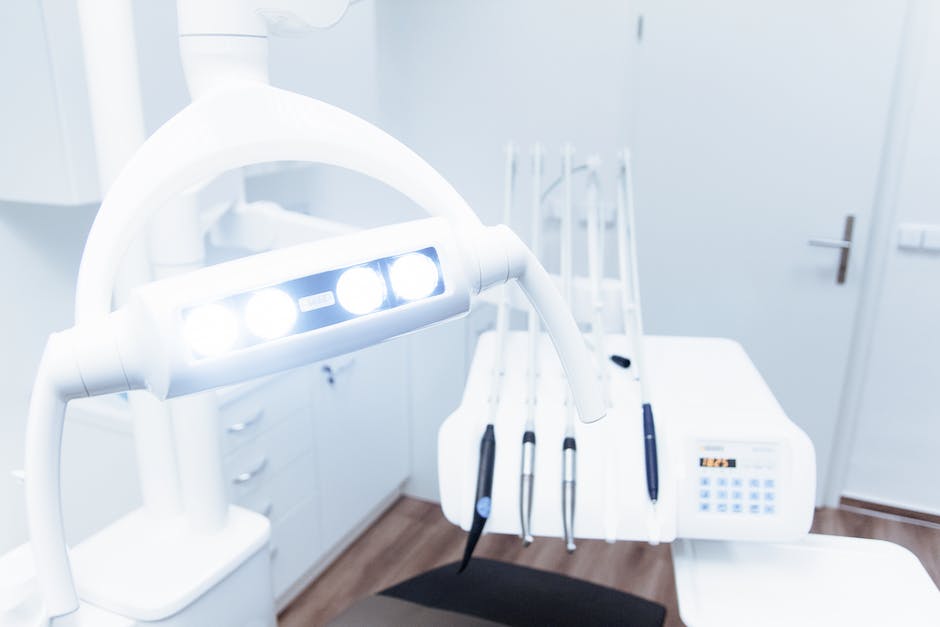Benefits of Taking Multivitamins Without Biotin
Taking multivitamins without biotin can be beneficial to your health as it may help provide the essential vitamins and minerals that you need in order to stay healthy. Multivitamins without biotin can help prevent deficiencies of vitamins and minerals, boost energy levels, support a healthy immune system, and even reduce stress. Taking multivitamins without biotin is also great for those who are unable to get all of their daily nutrient requirements from food alone, such as vegans or vegetarians.
These supplements can be taken by people who have allergies or sensitivities to certain foods that contain biotin. All in all, taking multivitamins without biotin can be beneficial for those looking to supplement their diets with essential nutrients.
Types of Multivitamins Available Without Biotin
Multivitamins are a combination of essential vitamins and minerals that work together to improve overall health. When taken regularly, they can help the body maintain healthy levels of certain nutrients that may be lacking in an individual’s diet. Multivitamins are typically sold as supplements and come in various forms, such as tablets, capsules, liquids, powders, and chewables.
However, many multivitamin products contain biotin (vitamin B7), which can interfere with certain lab tests like those related to thyroid function. For this reason, there are types of multivitamins available without biotin for individuals who need to avoid it due to medical reasons or other concerns.
Non-biotin multivitamins typically contain most of the same vitamins and minerals found in regular multivitamins but do not include biotin or vitamin B7.
Potential Risks and Side Effects of Multivitamins Without Biotin
Multivitamins without biotin can be beneficial for those who have difficulty absorbing biotin or may increase their risk of toxicity from taking too much. However, there are potential risks and side effects associated with taking multivitamins without biotin.
It is important to note that some people may not get all the vitamins and minerals they need from a multivitamin without biotin. Biotin is an essential vitamin that helps metabolize carbohydrates, fats, and proteins. Without this nutrient, you may be deficient in other vitamins or minerals that your body needs to function properly.
People who take multivitamins without biotin may also experience an upset stomach or nausea from too much iron intake due to the lack of biotin absorption.
How to Select the Right Multivitamin Without Biotin
When selecting the right multivitamin without biotin, there are several factors to consider. It is important to read the labels of any multivitamin product and food supplement benefits ensure that biotin is not included in the supplement. You should look for a formula with essential vitamins and minerals such as Vitamin A, Vitamin D3, B Vitamins (including Folate and B12), Magnesium, Selenium, Copper and Zinc.
It is also beneficial to find a high-quality supplement that has been independently tested for purity and potency. Speak with your doctor or healthcare provider about which multivitamin supplement may be best suited for your individual needs.
What are the benefits of taking multivitamins without biotin?
Taking multivitamins without biotin can be beneficial for those looking to improve their overall health and well-being. Multivitamins provide essential vitamins and minerals that are important for the body’s normal functioning, such as Vitamin A for immunity, Vitamin B complex for energy production, Vitamin C for collagen production, Vitamins D & E for healthy bones and skin, among other nutrients. By taking a multivitamin without biotin, you won’t get any additional benefits from biotin but you’ll still be able to reap all the other health benefits that come along with taking a multivitamin. It may also help reduce your risk of developing certain nutritional deficiencies which can lead to chronic diseases and illnesses.
Are there any risks associated with taking multivitamins without biotin?
Yes, there are risks associated with taking multivitamins without biotin. Biotin is a water-soluble vitamin that helps the body convert food into energy and plays an important role in cellular metabolism. While it is possible to get enough of this nutrient through a balanced diet, some individuals may require supplementation. Without sufficient biotin, you may experience hair loss or skin problems and have difficulty metabolizing fats and carbohydrates. Biotin deficiency can cause neurological issues such as confusion or depression. Therefore, it is important to be aware of any risks associated with taking multivitamins without biotin before doing so.
What are some of the best sources of vitamins and minerals that can be taken without biotin?
Sure, vitamins and minerals are essential for a healthy lifestyle, but sometimes taking them can be tricky! That’s why we’ve rounded up the best multivitamins without biotin – so you can get all the nutrients your body needs without having to worry about potential side effects. From vegan-friendly options to gummy vitamins and everything in between, there’s something for everyone here! So go ahead, give your body the nourishment it deserves – minus the biotin.
Is it possible to get enough nutrients from food alone or do you need to supplement with multivitamins without biotin?
Yes, it is possible to get enough nutrients from food alone without the need for multivitamins with or without biotin. Eating a balanced diet that includes a variety of fruits and vegetables can provide your body with the essential vitamins and minerals it needs to stay healthy. Whole grains, lean proteins, low-fat dairy products, nuts, seeds, and legumes are all excellent sources of essential nutrients. If you are concerned about not getting enough of certain vitamins or minerals in your diet, you should speak to your doctor or a registered dietitian who can recommend appropriate supplements tailored to your individual needs.
